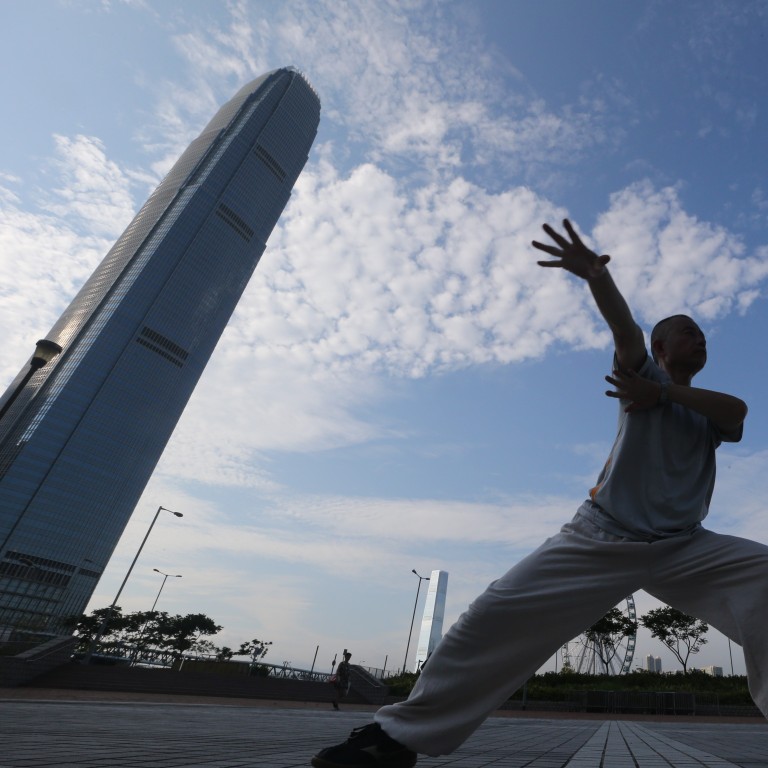
How much is enough to retire in Hong Kong? HK$19,000 a month sounds about right, survey finds
- Hong Kong and Macau workers expect to have 70 per cent of their working income upon retirement, FWD Hong Kong survey finds
- Guangdong workers expect their monthly income to rise in retirement, partly reflecting their greater likelihood to invest in annuity products
How much will you need each month to retire in Hong Kong and elsewhere in the Greater Bay Area?
Hongkongers think HK$19,000 (US$2,420) is about right. That’s roughly double than what workers in Guangdong and Macau think they need, according to a retirement survey by insurer FWD Hong Kong released on Monday.
Workers in the nine municipalities of southern Guangdong province aim to have 8,700 yuan (US$1,285) per month while those in Macau want 11,700 patacas (US$1,450) each month for retirement, according to the FWD survey of 3,119 working people in December.
The differences reflect in part gaps in living standards and income among the cities of the Greater Bay Area. Beijing will soon unveil the blueprint for the Greater Bay Area to turn Hong Kong and 10 neighbouring cities into an economic powerhouse, the South China Morning Post has learned.
Workers in Hong Kong and Macau expect to need about 70 per cent of their current income to retire.
In contrast, those who live in Guangdong said they expect their monthly retirement income could reach 8,700 yuan, which is about 4 per cent higher than they currently earn.
This is because mainlanders are more likely to invest in insurance and annuity products to secure guaranteed monthly income after they stop working, the survey found.
In Guangdong, 26 per cent of people will buy an annuity product, compared with 19 per cent of Hongkongers and 2 per cent of respondents in Macau.
An annuity is a pension product in which the policyholder pays in lump sum or contributes monthly payments for a certain number of years so a retiree will have regular income. Some products will pay 15 years to 20 years, others until a person’s death.
Last year, the Hong Kong government launched a HK$10 billion public annuity product, but it was only half subscribed. The government from April will offer tax incentives to encourage more citizens to buy private annuity products.
“The Greater Bay Area working population believes their retirement reserve should cover both health care and daily expenses, as well as savings for the next generation,” said Paul Tse, chief marketing officer of FWD Hong Kong and Macau.
Sixty-three per cent of mainlanders expect to financially support their children, while 47 per cent believe they need to buy property for their children.
In Hong Kong, only 44 per cent said they would support their children and 36 per cent would support them to buy property. The survey noted that 48 per cent of Hong Kong workers have no plans to have children, the survey showed.
Local celebrity artist Sharon Chan Man-chee, who attended the FWD survey release conference, said her financial planning includes her son.
“I have bought an education fund for my son. My intent is to prepare the best for him to cope with future competition,” she said.
The survey also showed Hong Kong workers said they start to save for retirement at age 40 and want to retire at 61. Those in Guangdong start to save for retirement at 42 and plan to retire at 57, while those in Macau begin saving at 40 and aim to retire at 59.

